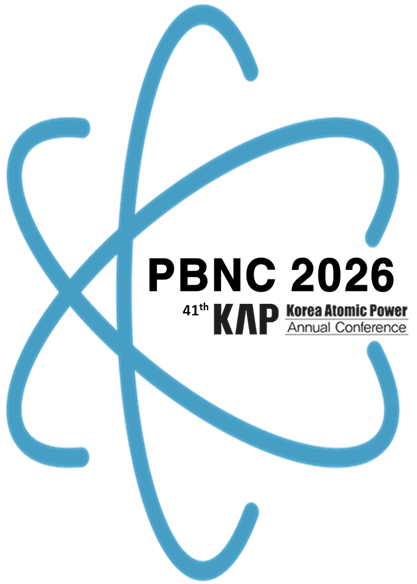58th LISBON International Conference on “Humanities, Social Sciences & Cultural Studies” (HSSCS-25) Sept. 10-12, 2025 Lisbon (Portugal)
HSSCS-25
- URL: https://hssmr.org/conference/356
- Event Date: 2025-09-10 ~ 2025-09-12
- Submission Date: 2025-08-22
- Organizer: HSSMR
Human Resources & Organizations Social Psychology Ethnic & Cultural Studies Humanities, Literature & Arts (General) Social Sciences (General) Social Work
Call for papers/Topics
So, Topics of Interest for Submission include, but are Not Limited to:
Interdisciplinary Themes:
- Digital Humanities:
- AI and the Humanities: Ethical considerations, applications in research and education.
- Digital archives and preservation: Challenges and innovations.
- Big data in humanities and social sciences: Methodologies and interpretations.
- Social media and cultural shifts: Analysis of online communities and digital identities.
- Computational linguistics and text analysis for cultural insights.
- Environmental Humanities:
- Climate change and cultural responses: Narratives, resilience, and activism.
- Ecological justice and social equity: Intersections of environmental and social issues.
- Anthropocene and the future of humanity: Philosophical and ethical perspectives.
- Environmental history: Human-nature interactions across time.
- Eco-literature, art, and media: Representing the environment and ecological crises.
- Medical Humanities:
- Narrative medicine and patient experiences.
- Ethics in healthcare: Cultural and social determinants of health.
- The body in culture: Representations of health, illness, and disability.
- History of medicine and public health.
- Mental health and society: Stigma, cultural understanding, and care.
- Global and Transnational Studies:
- Migration, identity, and diaspora: Cultural integration and hybridity.
- Globalization and its impact on local cultures and traditions.
- Postcolonial studies: Power, representation, and cultural resistance.
- Transnationalism and the flow of ideas, cultures, and people.
- Global citizenship and human rights: Ethical and social justice perspectives.
Specific Disciplinary and Interdisciplinary Areas:
- Sociology:
- Social inequalities: Class, race, gender, sexuality, and disability.
- Urban sociology and the future of cities.
- Family and kinship in changing societies.
- Social movements and collective behavior in the digital age.
- The sociology of work, organizations, and the economy.
- Anthropology:
- Cultural diversity and globalization.
- Ethnography of contemporary issues.
- Archaeology and the human past.
- Linguistic anthropology and communication across cultures.
- Medical anthropology and cultural approaches to health.
- Political Science:
- Democracy and authoritarianism in the 21st century.
- International relations and global governance.
- Political ideologies and social change.
- Public policy and administration in diverse contexts.
- Political communication and the role of media.
- History:
- Memory studies and the politics of the past.
- Digital history and new approaches to historical research.
- Global history and interconnectedness across regions.
- Social and cultural history: Everyday life and popular culture.
- The history of science, technology, and medicine.
- Cultural Studies:
- Popular culture and media representations.
- Identity politics and cultural movements.
- Consumer culture and materialism.
- Youth culture and subcultures.
- Theories of culture and cultural analysis.
- Literature and Language Studies:
- World literature and postcolonial narratives.
- Digital literature and new forms of storytelling.
- Linguistics and sociolinguistics in a globalized world.
- Translation studies and cultural exchange.
- The role of literature in social and political change.
- Philosophy:
- Ethics and moral philosophy in contemporary society.
- Political philosophy and justice.
- Epistemology and the nature of knowledge.
- Philosophy of mind and consciousness.
- The history of philosophical thought and its relevance today.
- Arts and Performance Studies:
- Visual culture and media arts.
- Performance, identity, and social commentary.
- The history and theory of art and architecture.
- Digital art and new artistic practices.
- Museum studies and cultural heritage.
- Religious Studies:
- Religion and globalization.
- Interfaith dialogue and conflict resolution.
- The role of religion in social and political movements.
- New religious movements and spirituality in the modern world.
- The history and philosophy of religious traditions.
Emerging Research Areas:
- Artificial Intelligence for Humanity: Ethical, cultural, and social transformations of AI.
- Memory and Trauma Studies: Intergenerational trauma, collective memory, and reconciliation.
- Pandemic Studies: Social, cultural, and historical perspectives on global health crises.
- Posthuman Studies: Exploring the relationship between humans and technology.
- Critical Race Theory and Intersectionality: Examining power structures and social justice.
- Sensory Studies: Exploring the role of the senses in culture and society.
- Emotion Studies: The social and cultural construction of emotions.















